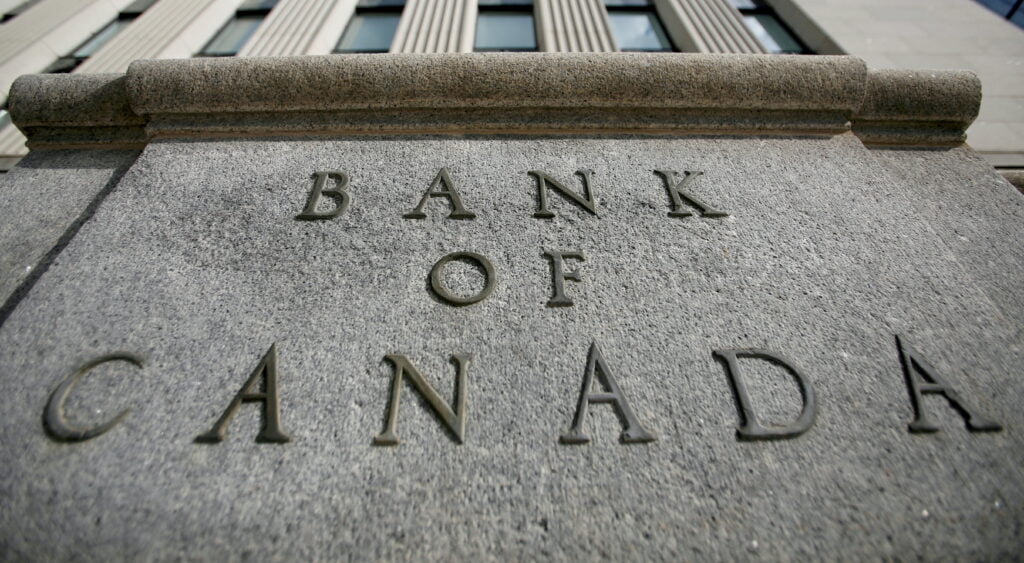The Bank of Canada’s rate cut to 4.25% marks the third consecutive rate reduction in 2024. While this move is aimed at stabilizing the Canadian economy amid global uncertainties and a sluggish domestic growth outlook, it carries significant implications, particularly for the real estate market in Toronto. As a Toronto based real estate professional, understanding the nuanced impacts of this decision on the local market is crucial. This blog looks into both the positive and negative consequences of this Bank of Canada’s rate cut to 4.25%, with a focus on its effects on Toronto’s housing market and the broader economic landscape in Ontario.
Positive Impacts of the Bank of Canada Rate Cut to 4.25%
The Bank of Canada’s decision to lower the interest rate brings with it a range of benefits that could positively influence the housing market and the economy at large:
- Increased Affordability for Homebuyers: The immediate benefit of the Bank of Canada’s rate cut to 4.25% is increased affordability for prospective homebuyers. Lower interest rates generally translate into lower mortgage payments, making it easier for first-time buyers to enter the market. For instance, a reduction from 4.5% to 4.25% on a standard 25-year mortgage could save homeowners hundreds of dollars annually, making the dream of owning a home more accessible.
- Stimulus for the Housing Market: The rate cut is likely to act as a stimulus for the housing market by encouraging more transactions. With borrowing costs reduced, there could be a surge in demand for homes in Toronto, particularly in high-demand areas like Lytton Park and High Park. This increased activity may help stabilize or even boost home prices, which have been under pressure due to rising inventory levels and economic uncertainty.
- Support for Economic Growth: The Bank of Canada’s decision is also a strategic move to support broader economic growth. By lowering the cost of borrowing, the central bank aims to encourage investment and consumer spending, which are vital for economic recovery. In Toronto, this could translate into more construction projects, increased real estate development, and overall economic dynamism, particularly in the residential sector.
These positive effects underscore the potential for the rate cut to provide much-needed relief and stimulate various sectors of the economy.
Negative Impacts of the Bank of Canada Rate Cut to 4.25%
Despite the potential advantages, the rate cut also poses several challenges that could have significant repercussions:
- Risk of Overheating the Housing Market: While the Bank of Canada’s rate cut to 4.25% might stimulate demand, there is a risk of overheating the housing market, particularly in a city like Toronto where property prices are already high. An influx of buyers, coupled with limited supply, could lead to rapid price increases, exacerbating affordability issues for many residents. This scenario could also increase the financial burden on those who overextend themselves in a competitive market.
- Potential for Increased Household Debt: Lower interest rates often lead to higher household debt as consumers take on more significant loans, believing they can manage the payments. However, this can be a double-edged sword. If the economic situation worsens or if interest rates rise unexpectedly in the future, many households could find themselves struggling to meet their financial obligations, leading to higher default rates and financial instability.
- Impact on Savings and Investments: While borrowers may benefit from lower rates, savers and investors could see diminished returns. Lower interest rates typically result in lower yields on savings accounts and fixed-income investments, which can be detrimental to retirees and those relying on interest income. This could reduce overall consumer spending in the economy, offsetting some of the intended stimulative effects of the rate cut.
Recognizing these risks is crucial to ensure that the benefits of the rate cut do not lead to unintended financial vulnerabilities.
Toronto’s Real Estate Market: A Balancing Act
For Toronto’s real estate market, the Bank of Canada’s rate cut to 4.25% presents both opportunities and challenges. On one hand, it could reignite the market, attracting more buyers and potentially driving up prices in certain neighbourhoods. On the other hand, the risk of creating a bubble or pushing households into unsustainable debt levels is a genuine concern.
Economic Outlook: Proceeding with Caution
The broader economic outlook for Canada, and Ontario in particular, suggests that while the rate cut may provide short-term relief, the long-term benefits are less certain. Economists have warned that the underlying economic conditions – such as slow GDP growth and potential global shocks – could necessitate further rate cuts or, conversely, a sudden tightening of monetary policy if inflationary pressures resurface.
For Toronto the key will be managing the trade-offs between stimulating growth and maintaining financial stability. Real estate professionals and policymakers alike will need to keep a close eye on market trends and economic indicators to navigate this complex environment effectively.
Conclusion
The Bank of Canada’s decision to cut the interest rate to 4.25% is a significant development with far-reaching implications for Toronto’s real estate market. While it offers some immediate benefits in terms of affordability and market stimulation, it also carries risks that need to be carefully managed. As the market evolves, staying informed and adaptable will be crucial for both buyers and real estate professionals navigating this new landscape.
By considering both the positive and negative aspects of the rate cut, stakeholders can make more informed decisions that align with their long-term financial goals. Whether you’re a first-time homebuyer, an investor, or a real estate agent, understanding the broader economic context and its local impacts will be essential in the coming months.



